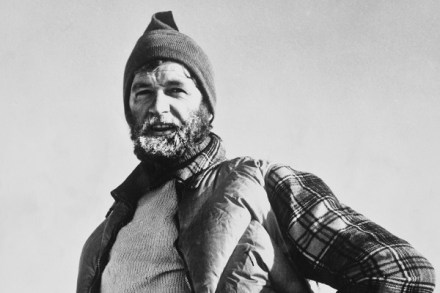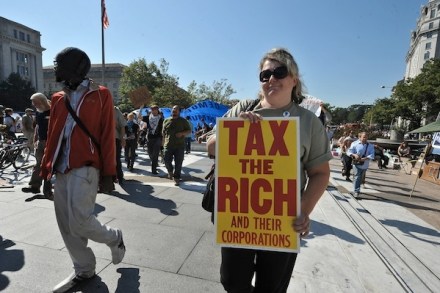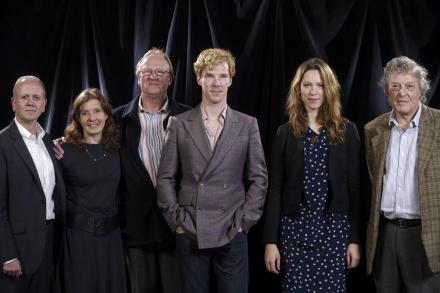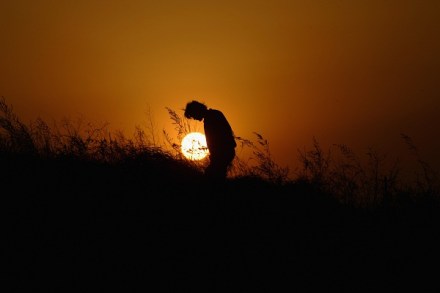George Lowe’s Letters from Everest
I was hoping this was going to be a post featuring an interview with a writer. After reading a proof copy of George Lowe’s Letters from Everest, I had the idea of talking to him about the book. How could it not be fascinating, went the thinking, to meet the 89 year-old sole survivor of























